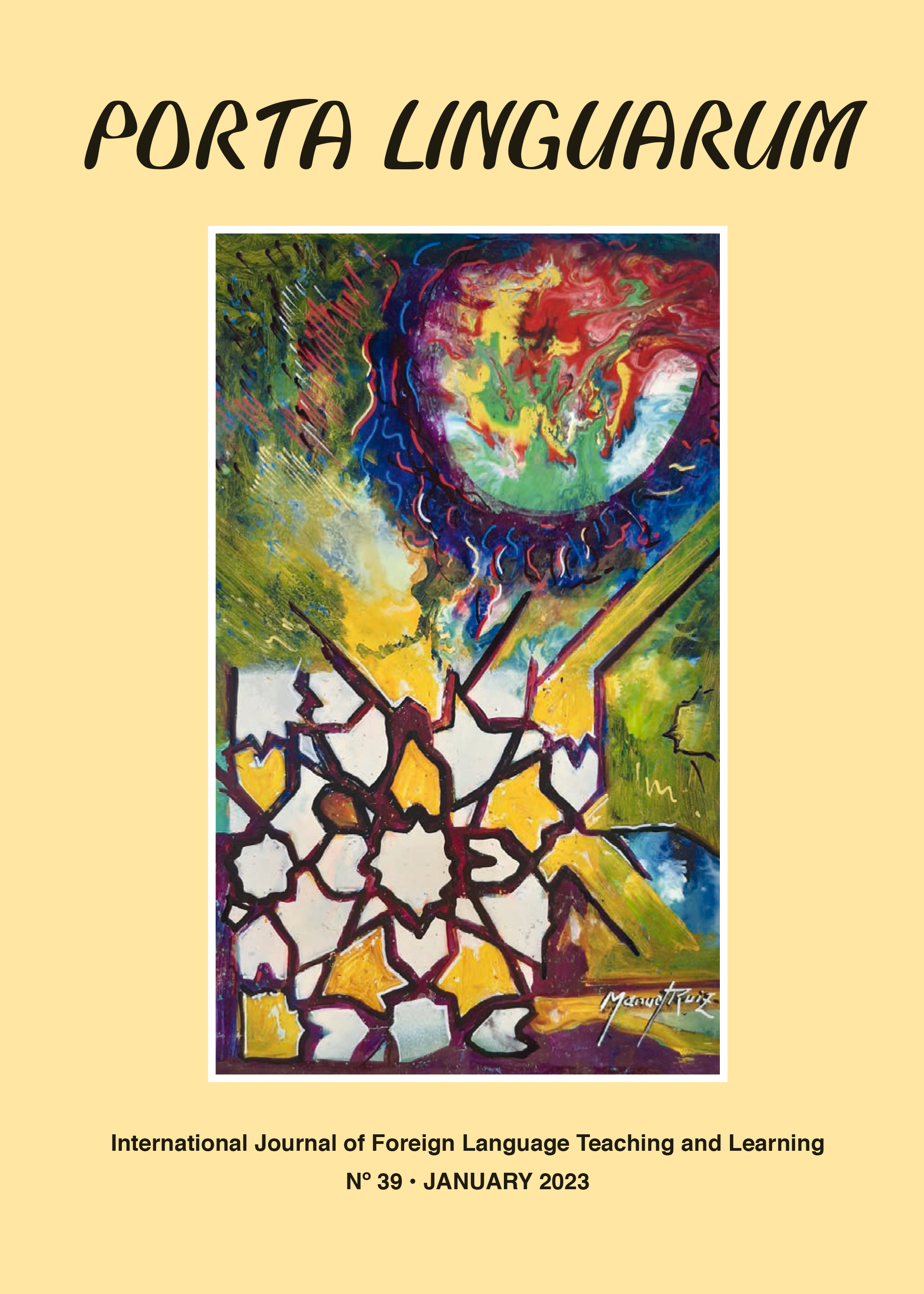The Spanish Language in the United States: Rootedness, Racialization, and Resistance. José A. Cobas, Bonnie Urciuoli, Joe R. Feagin, and Daniel J. Delgado (Ed.) (2022). Routledge, New York, 162 pages, ISBN:9781 0321 90563
DOI:
https://doi.org/10.30827/portalin.vi39.24609Keywords:
Spanish language, semiotic-linguistic perspective, language ideologyAbstract
Spanish is the second most populous language in the United States, which makes the United States the third largest Spanish speaking country in the world. However, throughout the history of the southwestern United States, language, as a major factor in cultural rights and the representation of bilingual state governments, is a controversial issue. These issues often cause social and cultural “conflicts” between English speakers and Spanish speakers. In a “white supremacy” racial society like the United States, although there are a large number of Spanish speakers, the racial discrimination against Spanish speakers is inevitable. Based on the sociological points, the use of Spanish is not only influenced by the current social factors in the United States, but also hindered by the rule of racism and colonialism in the United States for a long time.
Downloads
References
José A. Cobas, Bonnie Urciuoli, Joe R. Feagin & Daniel J. Delgado (Ed.) (2022). The Spanish Language in the United States - Rootedness, Racialization, and Resistance. Routledge.
Feagin, Joe R. & Kimberley Ducey. (2019). Racist America: Roots, Current Realities, and Future Reparations. Fourth Edition. Routledge.
Urciuoli, Bonnie. (2020). “Racializing, Ethnicizing, and Diversity Discourses: The Forms May Change but the Pragmatics Stay Remarkably the Same.” (108–127) in H. Samy Alim, Angela Reyes, and Paul Kroskrity (eds.), The Oxford Handbook of Language and Race. Oxford University Press.
Connaughton, Aidan. (2021). “In both parties, fewer now say being Christian or being bore in U.S. is important to being ‘truly American.’” Pew Research Center.



















